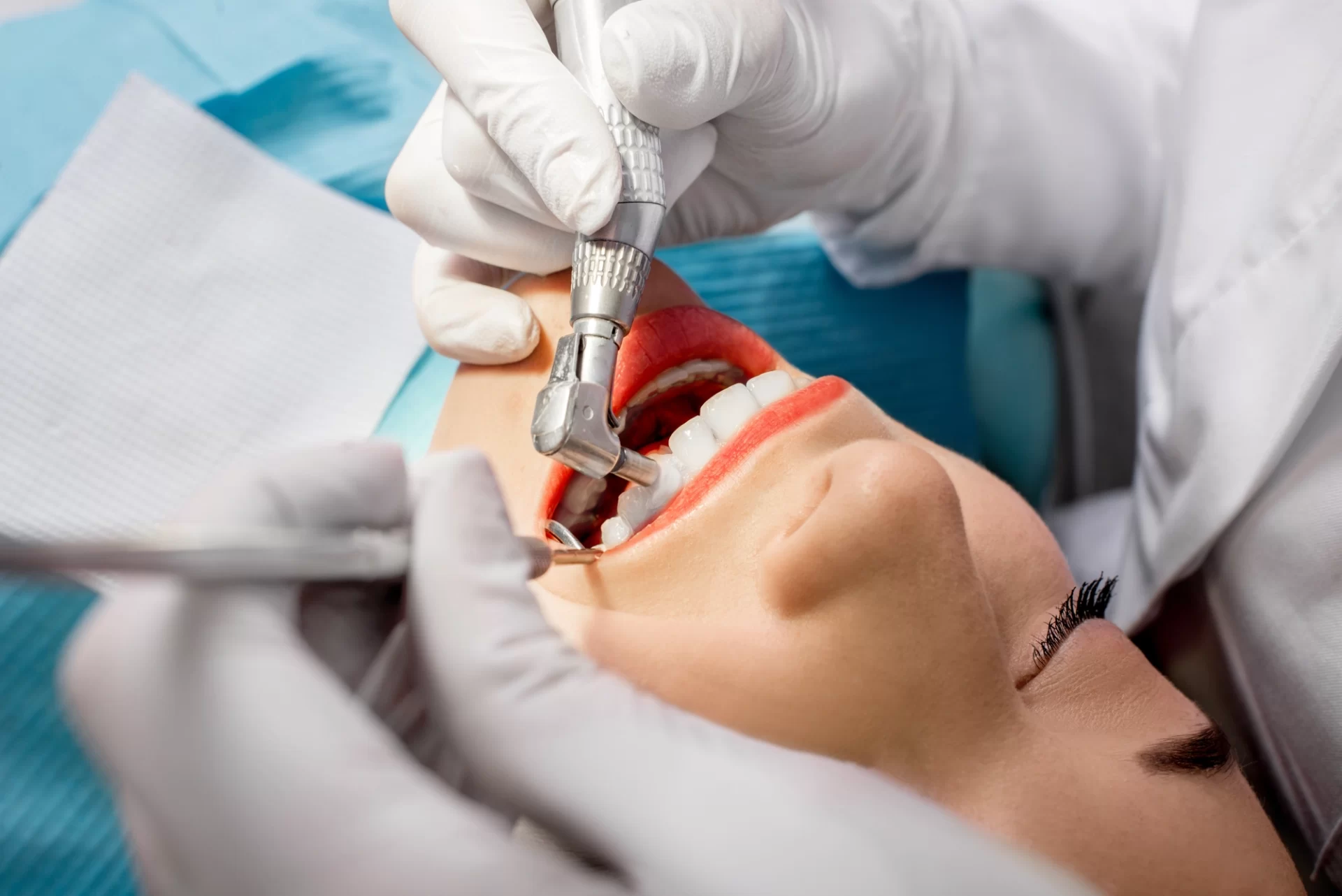Understanding Root Canal Treatment
Root canal treatment, also referred to as endodontic therapy, is a dental procedure specifically designed to address issues within the dental pulp, which is the innermost part of a tooth.
Inflammation or infection in this area of the tooth can occur for several reasons, including extensive decay, multiple dental procedures on the same tooth, or a crack or chip in the tooth. In certain instances, trauma to a tooth can result in pulp damage, even in the absence of any apparent cracks or chips. If not treated, this infection or inflammation can result in discomfort or result in an abscess.
The root canal procedure involves the meticulous removal of infected or inflamed pulp by a dentist or endodontist, who specializes in such treatments. The inside of the root canal is thoroughly cleaned and shaped before being filled and sealed to prevent any chance of re-infection.
Following the procedure, the tooth is repaired using a crown or filling to safeguard it and restore its complete functionality. This procedure is essential as it not only relieves pain but also helps maintain the tooth’s integrity and prevents the need for extraction, preserving the patient’s natural smile and jaw structure.
Despite its reputation, modern techniques and anesthesia make root canal treatments a relatively comfortable procedure, often no more uncomfortable than getting a filling.
Post-Op Instructions
Pain Management
Some discomfort or mild pain is normal after a root canal. Over-the-counter pain relievers like ibuprofen can be effective. If prescribed, take any antibiotic medication as directed to prevent infection.
Eating Habits
Avoid chewing on the treated side until your permanent filling or crown is placed. Stick to soft foods to prevent damage to the temporary filling and reduce discomfort.
Oral Hygiene
Maintain good oral hygiene but be gentle around the treated area. Brush and floss as usual, avoiding aggressive brushing and hard flossing around the temporary filling.
Avoid Certain Activities
For the first few days post-treatment, avoid strenuous activities to minimize swelling and discomfort.
Aftercare Tips
Monitoring Symptoms
It’s normal to experience some sensitivity and soreness in the treated area. However, if you experience severe pain, swelling, or a reaction to the medication, contact us immediately.
Caring for the Temporary Filling
Be mindful of the temporary filling before the permanent one is placed. Avoid sticky, hard, or chewy foods that might dislodge it.
Follow-Up Appointments
It’s essential to attend follow-up appointments to have a permanent filling or crown placed. This is a crucial step to protect the tooth and restore it to full function.
Long-Term Care of the Treated Tooth
Even after a root canal, the treated tooth needs to be cared for like any other tooth. Regular brushing, flossing, and dental check-ups are key to maintaining its health.
Long-Term Considerations
Be Aware of Tooth Strength
A tooth after a root canal might be more fragile. A crown may be recommended to provide extra protection and strength to the tooth.
Regular Dental Visits
Routine dental visits are essential for monitoring the treated tooth and maintaining overall oral health.
Lifestyle Adjustments
Consider lifestyle adjustments such as reducing sugar intake and quitting smoking, which can significantly benefit your overall dental health.
Transform Your Smile – Schedule a Consultation!
Recovering from a root canal is an important phase in the journey to dental wellness. By following these guidelines, you’re ensuring a smooth and effective healing process. At Paradise Dental Studio of Fort Lauderdale, we are committed to providing support throughout your recovery and beyond.
Book your follow-up appointments and maintain regular dental check-ups. Your journey to optimal dental health is our priority. Reach out to us for any assistance or questions you may have about your post-op care. Let’s keep your smile healthy and bright together!
